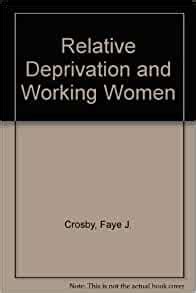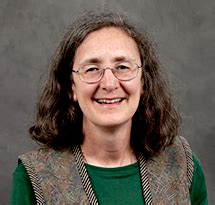A Quote by Stephanie Coontz
Parents who obsess about every detail of child-rearing and orchestrate their children's 'resumes' may run themselves ragged while their own personal identities and adult relationships wither for lack of care.
Related Quotes
Women without children are also the best of mothers,often, with the patience,interest, and saving grace that the constant relationship with children cannot always sustain. I come to crave our talk and our daughters gain precious aunts. Women who are not mothering their own children have the clarity and focus to see deeply into the character of children webbed by family. A child is fortuante who feels witnessed as a peron,outside relationships with parents by another adult.
Parents who are cowed by temper tantrums and screaming defiance are only inviting more of the same. Young children become more cooperative with parents who confidently assert the reasons for their demands and enforce reasonable rules. Even if there are a few rough spots, relationships between parents and young children run more smoothly when the parent, rather than the child, is in control.
With grown children, we can look back at both our mistakes and what we did well in our parenting, having conversations with a greater degree of honesty than was possible before. In getting older themselves, our adult children may begin to comprehend the burdens and strengths we carried from our own parents.
A child is not a Christian child, not a Muslim child, but a child of Christian parents or a child of Muslim parents. This latter nomenclature, by the way, would be an excellent piece of consciousness-raising for the children themselves. A child who is told she is a 'child of Muslim parents' will immediately realize that religion is something for her to choose -or reject- when she becomes old enough to do so.
In a sense, in the area of child care, children's relationships with parents' working has come full circle. We have gone from the mom-and-pop store (or mom-and-pop farm), with its integration of child care and work, to children-at-home and dad-at-work; to the mom-plus-daddy working at home, with its integration of childcare and work again. From mom-and-pop back to mom-and-pop.
All in all, the communally reared children of Israel are far from the emotional disasters that psychoanalytic theory predicted. Neither have they been saved from all personality problems, as the founders of the kibbutz movement had hoped when they freed children from their parents. In any reasonable environment, children seem to grow up to be themselves. There is no evidence that communal rearing with stimulating, caring adults is either the ruination or the salvation of children.


































